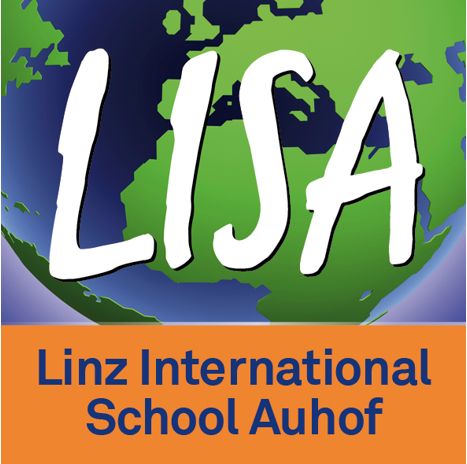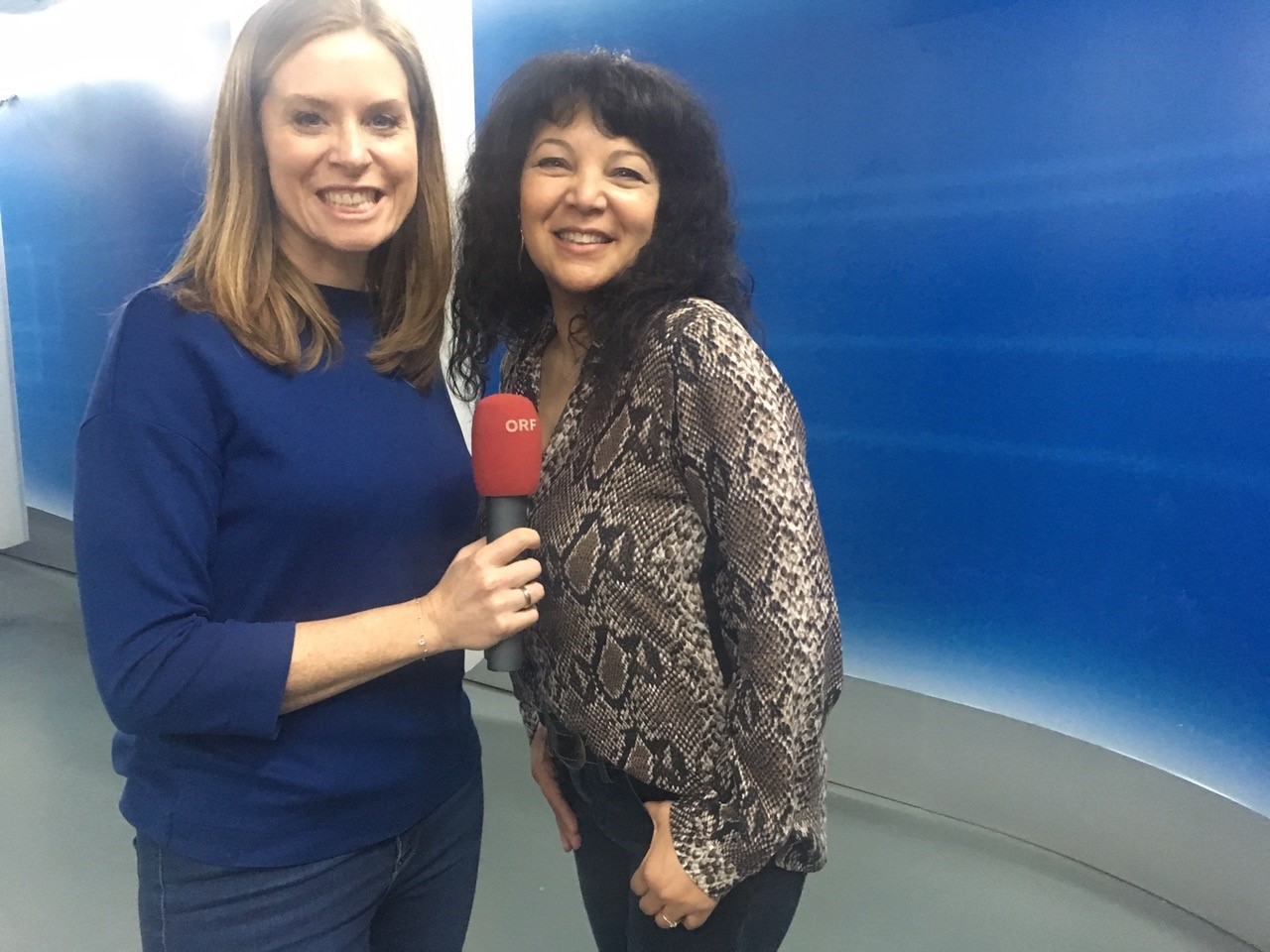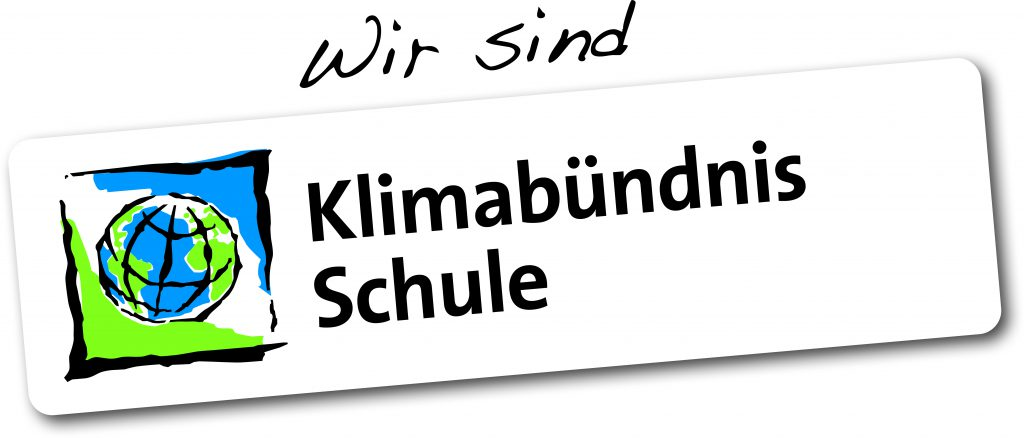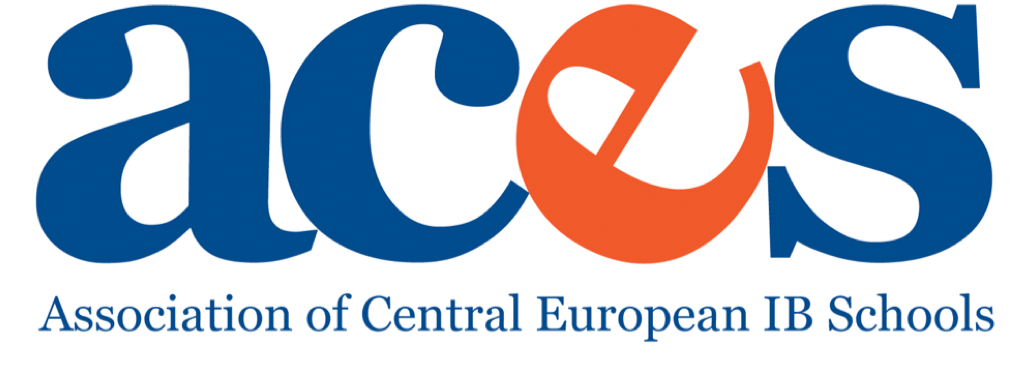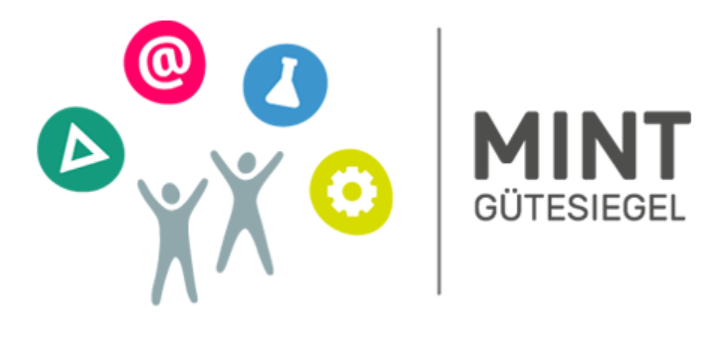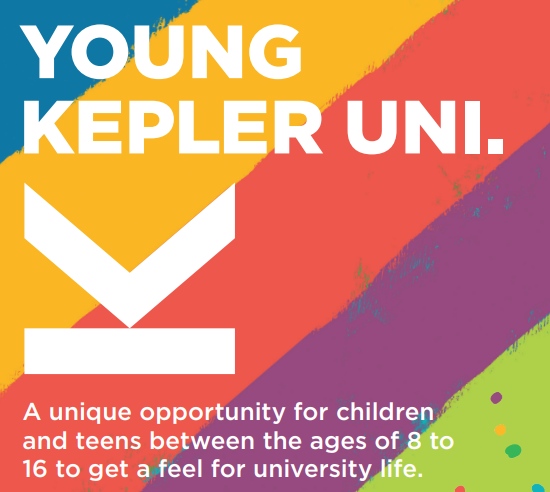
Author: Oliver Kim
[Radio LISA-011] Radio OÖ interviews LISA Drama Teacher Alaine Rodin
[Radio LISA-010] Gordon: “Fail more. Fail Faster. Because that’s where you learn the most.”

Gordon studies Computational Mathematics at JKU. In this (very interesting!) episode he talks about his experiences at university, how it is like to study and about the challenges of computer programming. At the end, he gives some unusual advice to our students.
